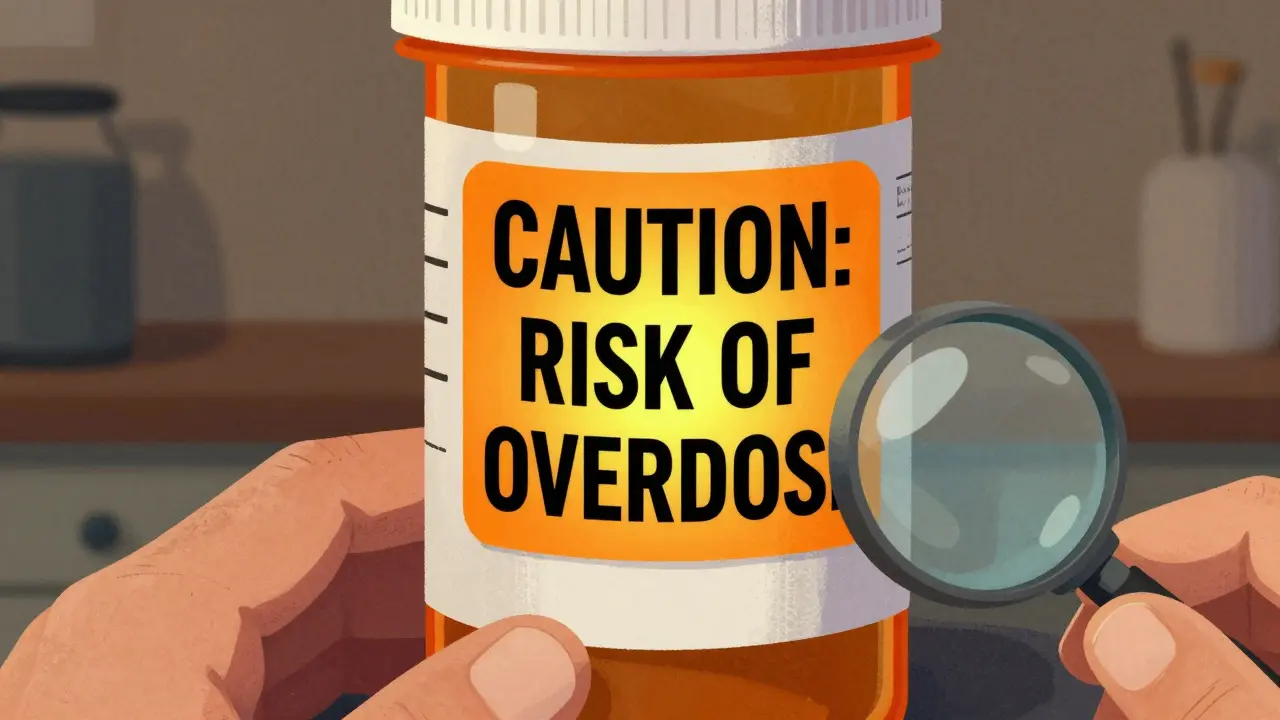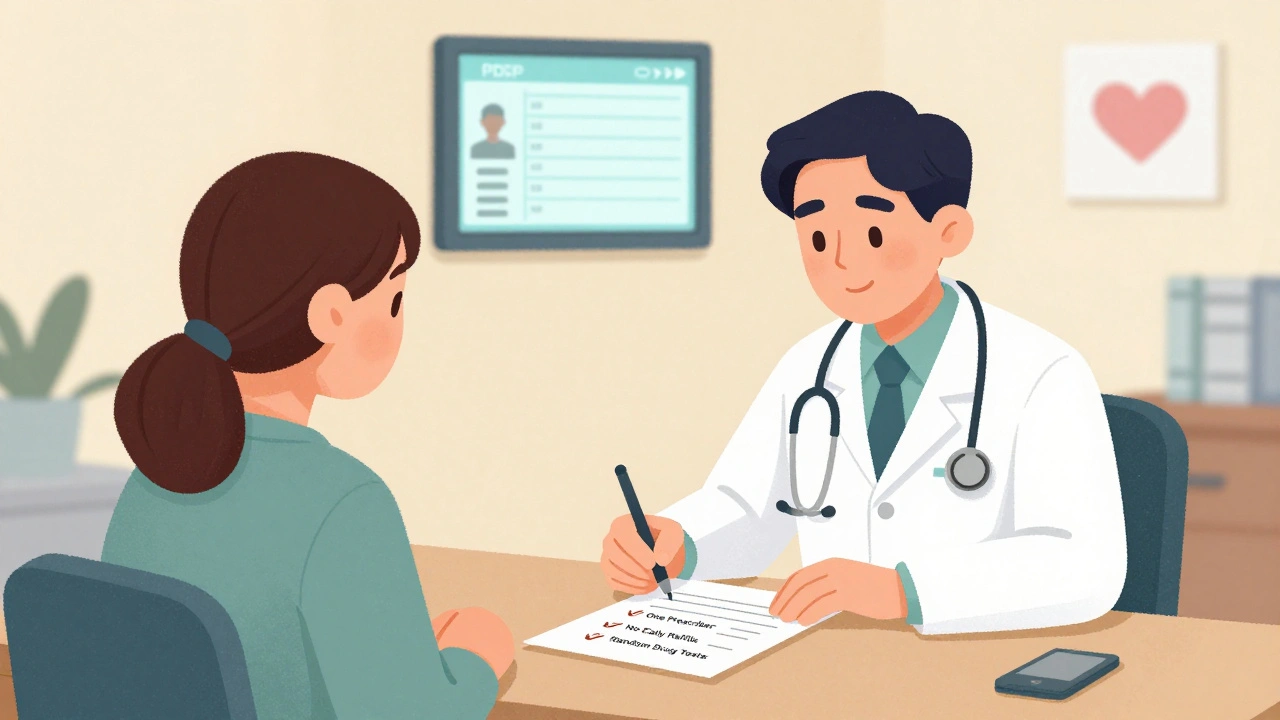Healthcare Information – Your Go‑to Spot for Trusted Health Guides
Looking for clear, up‑to‑date health facts? You’re in the right place. This page gathers the best resources so you can understand meds, diseases, and wellness without the guesswork. Think of it as a quick map to reliable health info, all in plain language.
Why reliable health info matters
Bad or outdated advice can lead to wrong self‑diagnoses, unnecessary worry, or even harmful choices. When you search online, you’ll see a mix of credible sites and click‑bait pages. Trustworthy sources back their claims with research, list authors’ credentials, and update content regularly. That’s why checking the source matters as much as the information itself.
WebMD is a household name, but it isn’t the only option. Some of its articles blend medical facts with advertising, and the site’s design can push sponsored content to the top. Relying on a single platform may limit your perspective, especially for niche conditions or the latest supplement research.
Top alternatives to mainstream health sites
Here are a few sites that consistently deliver solid, easy‑to‑read health info:
- Verywell Health – Focuses on everyday wellness topics, backed by doctors and nurses. Articles avoid jargon and include clear take‑aways.
- Healthline – Offers deep dives on medical conditions with citations from peer‑reviewed journals. Their symptom checkers are user‑friendly.
- Mayo Clinic – The gold standard for clinical guidance. You get physician‑written content, treatment options, and lifestyle tips.
- MedlinePlus – Run by the U.S. National Library of Medicine, it aggregates information from government and reputable health organizations.
- Drugs.com – Perfect for medication details, side‑effects, and interactions. It pulls data from FDA reviews and pharmaceutical labels.
Each of these sites follows a transparent editorial policy, lists author credentials, and updates its pages when new research appears. That means you can trust what you read without hunting for the source yourself.
When you compare them, look for a clear author bio, reference list, and a date stamp. If a page feels vague or has no citations, it’s a red flag.
How to pick the right source for you
Start by defining what you need: a quick symptom overview, medication safety info, or an in‑depth look at a chronic disease? Then match that need to a site that specializes in it. For quick answers, Verywell Health or Healthline work well. For detailed medical guidance, Mayo Clinic or MedlinePlus are safer bets.
Check the “About Us” page. Reputable sites explain their review process, funding sources, and editorial independence. If a site relies heavily on ads or sponsored content, treat its advice with caution.
Finally, cross‑check any crucial info with at least one other trusted source. A second opinion online can catch errors or add missing details before you act on the advice.
By using a mix of these reliable platforms, you’ll get a fuller picture of your health topics and avoid the pitfalls of a single, possibly biased source. Keep this page handy as you explore, and feel free to come back for updates on new health resources and guides.









